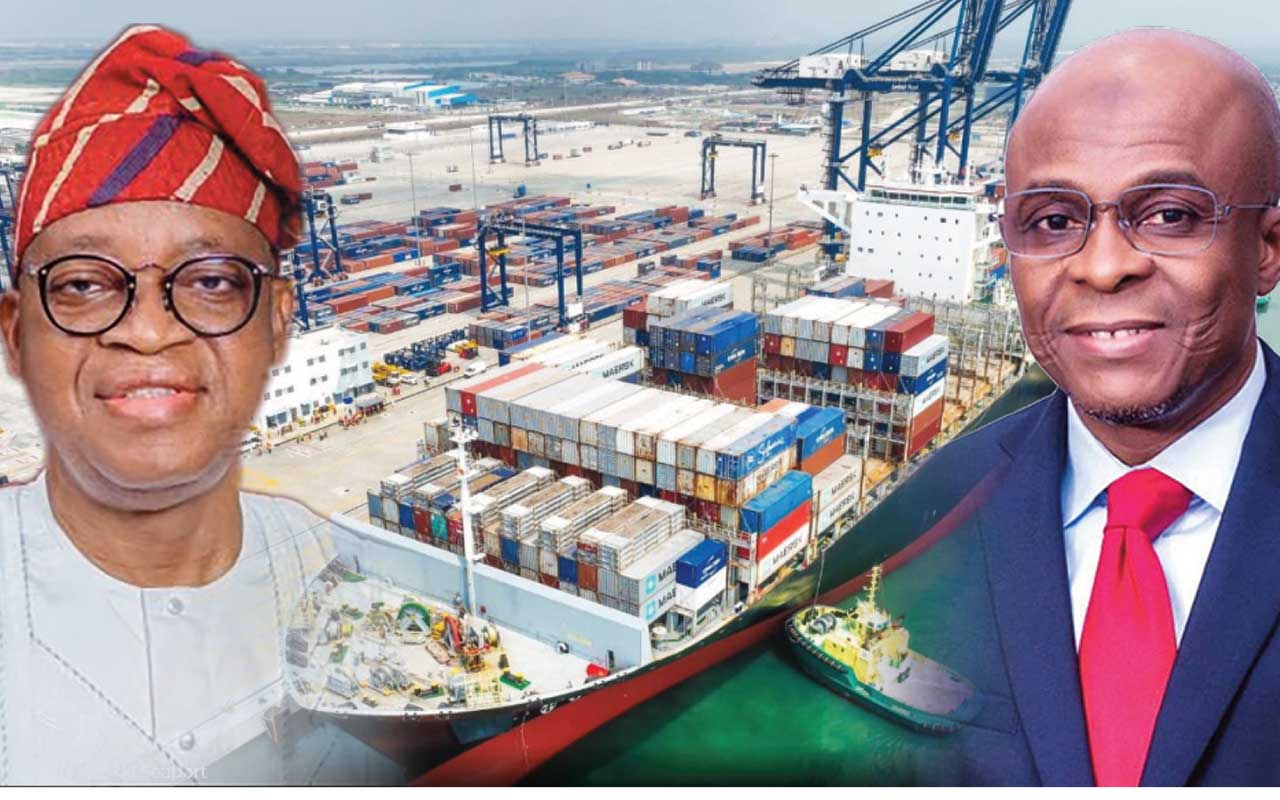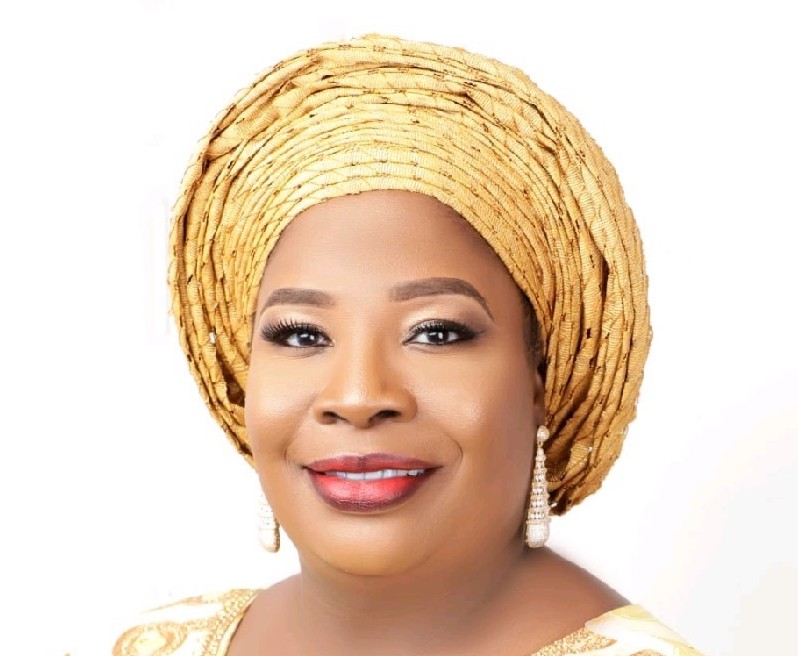Stakeholders have said the proper implementation of the proposed Executive Order on Joint Physical Inspection at the ports, awaiting President Bola Tinubu’s signature, could save the country N1 trillion in revenue yearly.
They recalled that the Executive Order 001 on the ease of doing business at the ports failed due to non-compliance by concerned agencies, institutional inertia and the absence of enforcement sanctions, warning that without a clear compliance framework, the new Order could suffer a similar fate.
According to them, frustrating the new Executive Order could lead to a recurring leakage of N80 billion to N100 billion monthly from inefficiencies, demurrage, revenue protection tendencies, ICT fragmentation and overlapping agency interventions.
According to the Sea Empowerment and Research Centre (SEREC) analysis, the average cargo dwell time in Nigerian seaports currently ranges between 18 and 21 days, compared to the three to five days in Ghana and two to three days in Singapore.
The global benchmark, SEREC noted, is less than 96 hours, meaning Nigeria’s clearance time is over 400 per cent higher than efficient port systems, with the cost components standing at 25–30 per cent higher than peer economies.
In a position paper signed by the Head of Research, Dr Eugene Nweke, SEREC, observed that the non-compliance of the Executive Order 001 issued in 2017 to streamline port operations led to seaport inefficiencies, with an estimated cost of N3.2 trillion yearly to the economy, about 30 per cent of the total import logistics bill.
He said if the proposed Executive Order is synchronised with the National Single Window (NSW) system, there will be direct and indirect savings of between N800 billion and N1.2 trillion yearly, equivalent to 0.3–0.5 per cent of the nation’s Gross Domestic Product (GDP).
According to him, these savings would stem from reduced trade transaction costs amounting to N480 billion to N800 billion, with demurrage and storage savings estimated at N220 billion to N260 billion, through a reduction in dwell time from 21 to seven days.
Additionally, Nweke said efficiency gains could raise Customs and allied agency remittances by N120 and N150 billion yearly. Nweke said full enforcement could create between 40,000 and 50,000 indirect jobs in the logistics ecosystem through faster cargo circulation, higher trucking productivity, and improved warehouse turnover.
Also, Nweke noted that manufacturing input logistics costs could decline by N400,000 to N600,000 per container, with a projected foreign exchange savings of up to $700 million yearly, currently lost to inefficiencies and port diversions to neighbouring countries.
To ensure sustainability, SEREC proposed the issuance of a Presidential Implementation Directive (PID) that mandates compliance within 30, 60, and 90 days, backed by sanctions for defaulting agencies.
Eugene also called for the establishment of a Presidential Port Implementation Committee (PPIC), chaired by the Vice President, to oversee compliance and performance evaluation.He said the PPIC should also publish monthly compliance data, including clearance time and inspection performance per port.
SEREC also recommended linking part of agencies’ budgets and staff performance reviews to compliance levels. Citing global benchmarks, Nweke noted that similar reforms in Ghana between 2019 and 2022 reduced clearance time from 10 to three days, saving $150 million yearly, while Kenya’s Port of Mombasa achieved yearly savings of $200 million.
He said, given that Nigeria’s port throughput is six times larger, the projected $600 million to $900 million yearly savings is both realistic and achievable.
Director of International Trade, Maritime Researchers and Authors Association of Nigeria (MARASSON), Sunday Ademuyiwa, explained that the executive order on joint port inspection will significantly improve efficiency by harmonising the activities of multiple agencies operating at the ports.
To ensure the success of the new executive order, Ademuyiwa urged the Office of the Secretary to the Government of the Federation (OSGF) and the Federal Ministry of Marine and Blue Economy to enforce compliance and address operational challenges.
He outlined several key steps, including clear communication and issuance of guidelines to relevant agencies, strong inter-agency collaboration and oversight, capacity building and staff training, regular monitoring and evaluation, sanctions for non-compliance and public reporting to ensure transparency.






